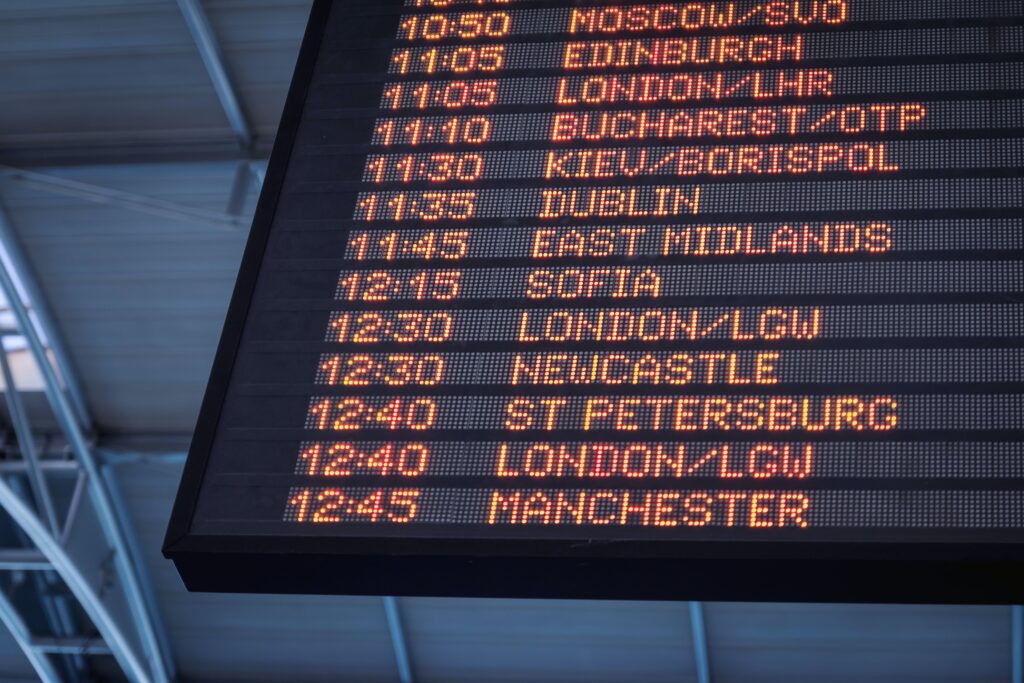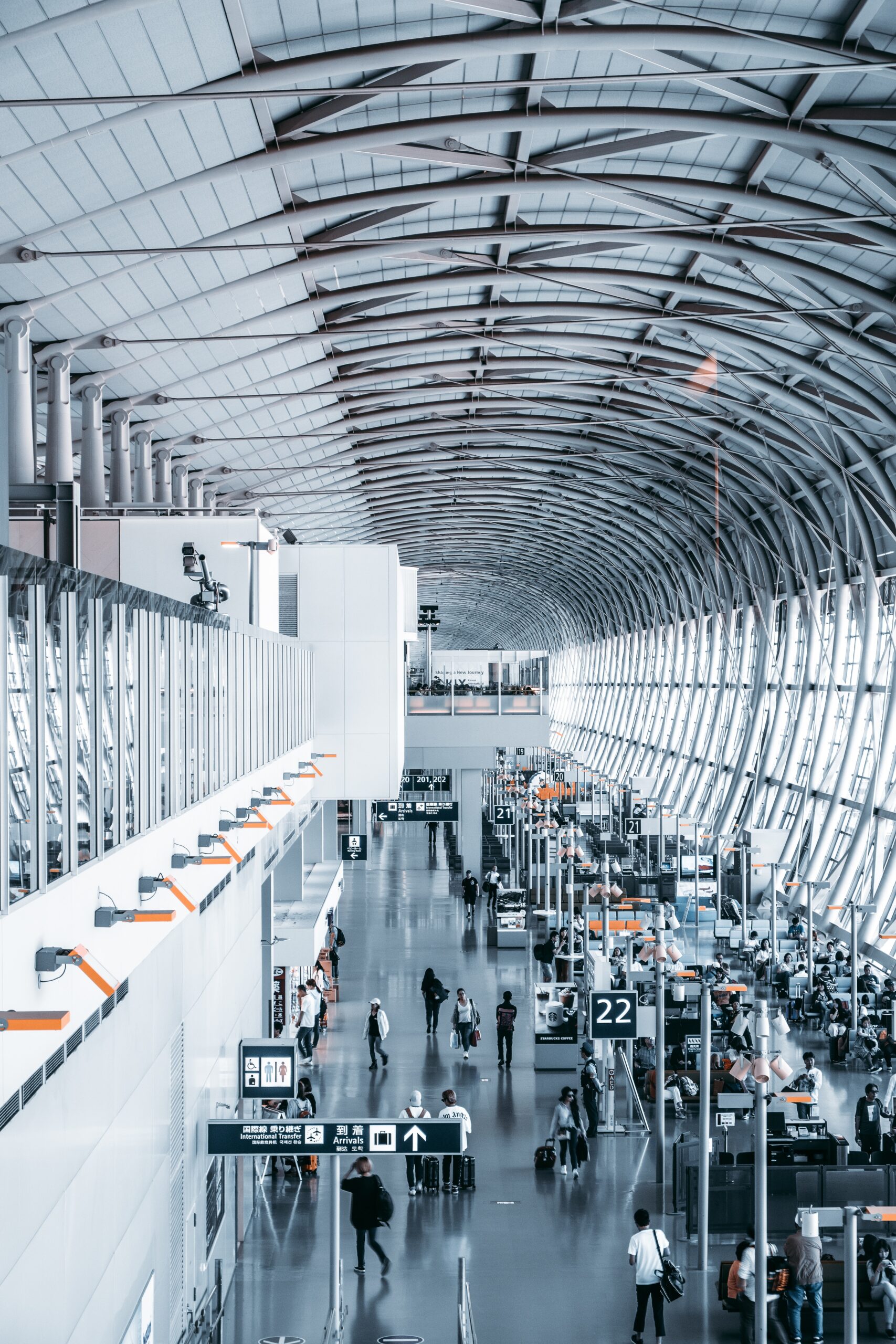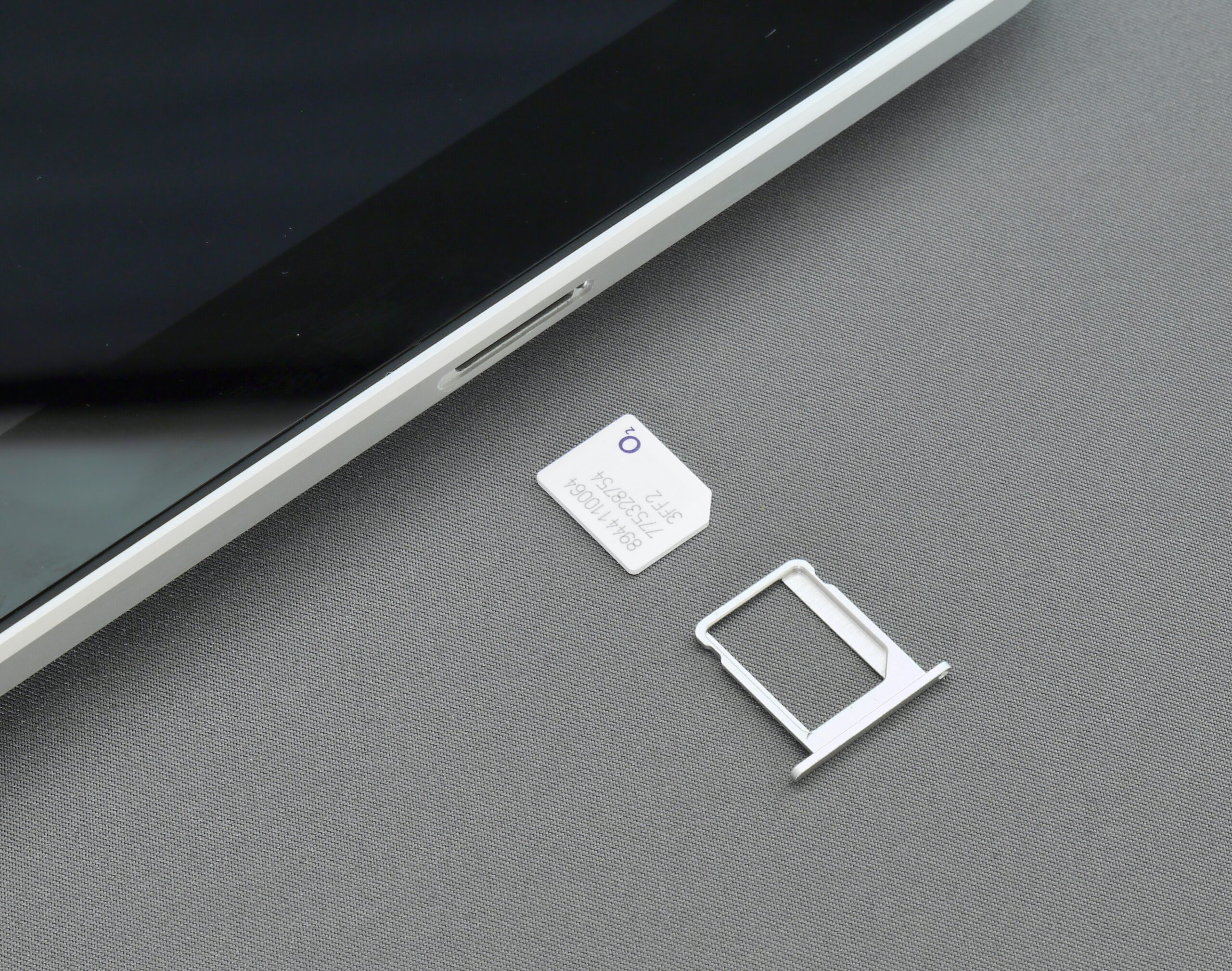Germany Transportation Guide
Germany Transportation Guide: High-speed trains connect cities, autobahns enable smooth road travel, and extensive public transit systems enhance accessibility.


Germany Transportation Guide – International Airports
Germany has several international airports, including:
Frankfurt Airport (FRA) – located in Frankfurt, the largest airport in Germany and one of the busiest airports in Europe.
Munich Airport (MUC) – located in Munich, the second-largest airport in Germany and a major hub for Lufthansa.
Berlin Brandenburg Airport (BER) – located in Berlin, the newest and largest airport in Germany, serving the capital city and surrounding region.
Hamburg Airport (HAM) – located in Hamburg, a major airport in northern Germany and a hub for Eurowings.
Düsseldorf Airport (DUS) – located in Düsseldorf, a major airport in western Germany and a hub for Eurowings.
Cologne Bonn Airport (CGN) – located in Cologne/Bonn, a major airport in western Germany and a hub for Eurowings.
These airports offer connections to destinations around the world and serve as important transportation hubs for both passengers and cargo.
National Airports
In addition to the international airports mentioned earlier, Germany also has several smaller regional airports that serve domestic destinations. Some of the national airports of Germany include:
Berlin Tegel Airport (TXL) – located in Berlin, one of the former airports in Berlin that served as the primary hub for Air Berlin before it ceased operations in 2017.
Stuttgart Airport (STR) – located in Stuttgart, the sixth-largest airport in Germany and a major hub for Eurowings.
Nuremberg Airport (NUE) – located in Nuremberg, a small airport that primarily serves domestic destinations and some international flights within Europe.
Hannover Airport (HAJ) – located in Hannover, a medium-sized airport that serves domestic and European destinations.
Leipzig/Halle Airport (LEJ) – located in Leipzig and Halle, a regional airport that serves as an important cargo hub for DHL.
These airports, along with many others throughout Germany, provide convenient access to different parts of the country for domestic travel.
Germany Transportation Guide – Trains
Germany has a well-developed and efficient railway system, operated by Deutsche Bahn (DB), the national railway company. The German railway system offers various types of trains, including:
Intercity-Express (ICE) – the fastest and most comfortable train in Germany, offering high-speed connections between major cities.
Intercity (IC) – a slightly slower but still comfortable train that connects major cities and regional centers.
Regional Express (RE) – a fast train that serves regional routes, connecting smaller cities and towns.
Regional Bahn (RB) – a slower train that stops at most stations, connecting smaller towns and villages.
S-Bahn – a suburban rail network that serves cities and their surrounding areas.
The railway system in Germany is well-connected, with frequent and reliable trains running throughout the country. Deutsche Bahn offers various ticket options, including advance purchase tickets, flexible tickets, and regional passes, making it easy for travelers to plan their journey according to their needs and budget.


Germany Transportation Guide – Buses
In addition to the railway system, Germany also has a well-developed bus network that provides an affordable and convenient way to travel throughout the country. Some of the main bus companies operating in Germany include:
FlixBus – one of the largest bus companies in Europe, offering connections to over 2,500 destinations in 34 countries, including many cities in Germany.
Eurolines – an international bus company that connects Germany to other European countries, with destinations in over 30 countries.
MeinFernbus – a German bus company that operates domestic and international routes, with connections to major cities in Germany and neighboring countries.
ADAC Postbus – a bus company owned by the German automobile club ADAC, offering connections between major German cities.
The bus network in Germany is generally reliable and comfortable, with air conditioning, free Wi-Fi, and sometimes even power outlets and on-board toilets. Bus fares are often lower than train fares, making it an attractive option for budget-conscious travelers.
Links of interest
Airlines:
Lufthansa Website
Condor Website
Eurowings Website
Trains:
Deutsche Bahn
Trainline
Eurail
Omio
Bahn.de
Buses:
FlixBus
Eurolines
DB Bahn Bus
FlixBus – Postbus
FlixBus – MeinFernbus
Metro:
BVG Official Website
MVG Official Website
HVV Official Website
RMV Official Website
KVB Official Website
Rheinbahn Official Website
Ride-Sharing:


We recommend
Germany travel tips
Our guide offers essential Germany travel tips and insights for an unforgettable journey. Plan your trip with us!
Germany Transportation Guide – SIM Cards
Traveler’s Guide to SIM Cards in Germany:
Providers:
Major carriers include Deutsche Telekom, Vodafone, and O2. Purchase SIM cards at their stores or authorized retailers.
Prepaid Options:
Opt for prepaid plans for flexibility and cost control. No contracts or credit checks are required.
Data Packages:
Choose a data package based on your needs. Plans typically include data, calls, and texts.
Activation:
Activate your SIM card by following the provider’s instructions. Registration with identification may be necessary.
Top-Up:
Recharge your balance easily at kiosks, online, or through mobile apps. Top-up options are widely available.
Coverage:
Check coverage maps to ensure network availability at your destination. Urban areas usually have strong signals.
EU Roaming:
Enjoy free roaming within the EU. Confirm the terms with your provider and explore data usage limits.
Hotspot Tethering:
Verify if your plan allows hotspot tethering. Useful for sharing your mobile data with other devices.
Validity Period:
Prepaid SIMs often have a validity period. Recharge before expiration to retain your number and balance.
Data Speeds:
4G/LTE networks are common, providing fast and reliable data speeds in most areas.
Local SIM Card Packages:
Some providers offer tourist-specific packages with data, calls, and text allowances for a set duration.
Data Only SIMs:
Consider a data-only SIM card if your primary need is internet access for tablets or hotspots.
Return of SIM Card:
If your SIM is not reusable, return it before leaving to avoid future charges. Dispose of it responsibly.
Currency Converter
Currency Converter EUR/USD: Sun, 8 Jun.
Unit Converter
Germany Transportation Guide – Maps
What map do you need?
Choose your destination
More information about this country














